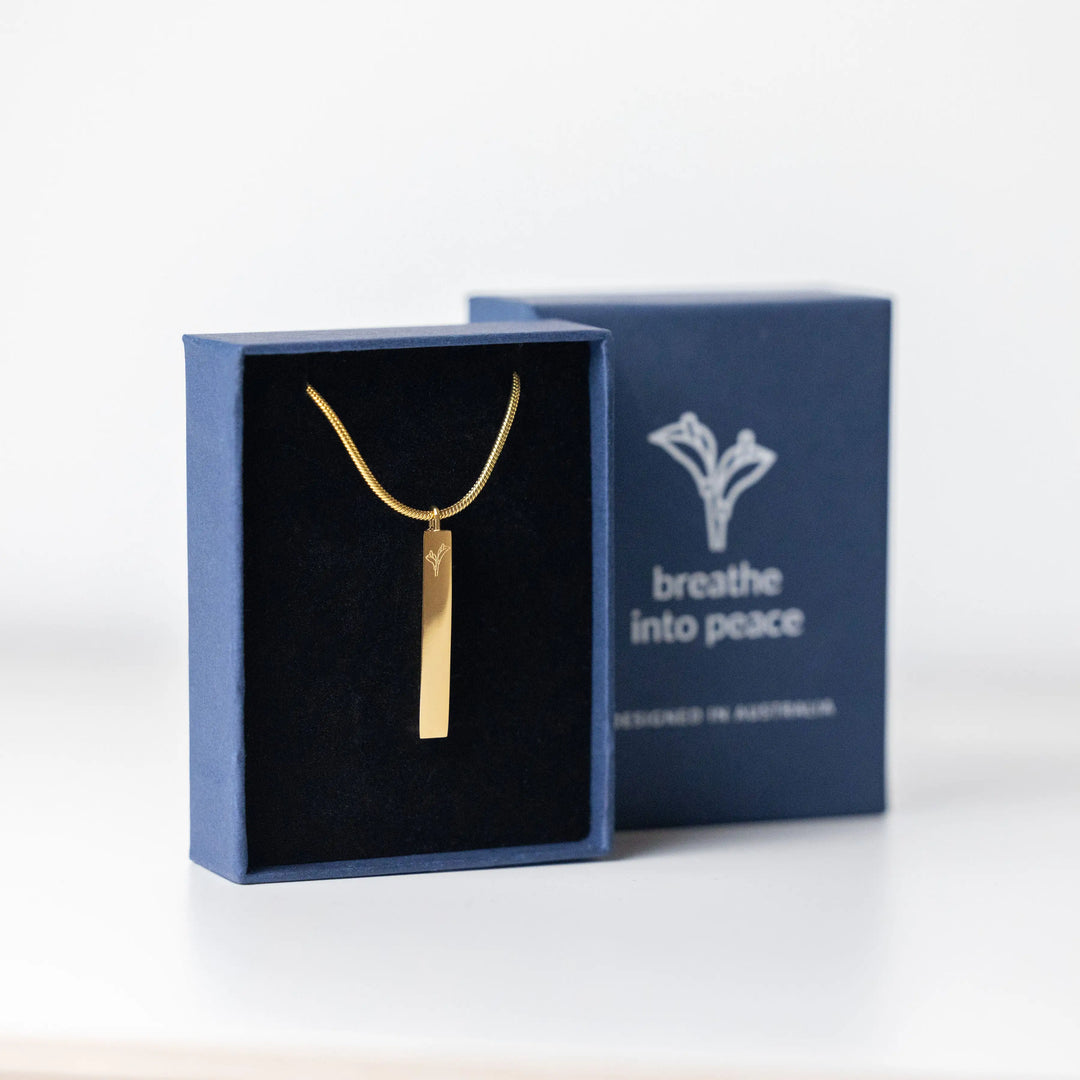Does Journaling Help with Anxiety?
Does journaling help with anxiety? Many experts and regular people recommend journaling to help battle such condition. If you’re someone who’s struggling with mental health or if you simply want to maintain or improve your mental well-being, keeping a journal is going to be a huge help at a low price. But how does it help with anxiety and other mental health issues? Is there any scientific research to back these claims? We will answer all these questions in this article.
What is Anxiety Disorder?
Most of us become anxious in certain situations, such as harsh weather conditions, a family or friend coming home much later than usual, and waiting for the result of an exam. However, people with anxiety disorder experience more intensely than most people. It may even hinder them from performing their usual tasks. Left untreated, it may heighten and become more challenging to control.
According to the World Health Organization, around 4% of the overall global population has been diagnosed with anxiety disorder. In Australia alone, 17.2% of people 16–85 years old have developed anxiety. There are several types of anxiety disorders, such as:
- General Anxiety Disorder
- Social Anxiety
- Specific phobias like claustrophobia and acrophobia
- Selective mutism
- Post Traumatic Stress Disorder (PTSD)
- Obsessive Compulsive Disorder (OCD)
Some people living with anxiety may go to extreme lengths to isolate themselves or avoid certain places, including schools or their workplaces, so they can minimize being overwhelmed and achieve relief, even if it is for the short term. So, if you’re experiencing symptoms of mental health issues like anxiety and depression, know that you aren’t alone, and you can find healthy ways like journaling to soothe your mind and emotions.
Symptoms
If you’re wondering whether you or someone you know might be experiencing high anxiety, here are a few signs to keep your eyes on:
- Feeling an intense sense of impending doom or danger
- Palpitations or rapid heartbeat
- Restlessness
- Sleep problems
- Hyperventilation or shortness of breath
- Trembling and sweating
- Feeling lightheaded
So, if you experience any of these symptoms, know that what you’ve been through is true, and building a healthy coping mechanism helps you enjoy life better. Although writing a journal provides relief from anxiety and other psychological distress, we recommend seeking professional help.
We also advise calling 000 or other mental health helplines in Australia if you or someone else is in crisis and is looking for professional help.
Do therapists recommend journaling for anxiety relief?
Several studies support the efficacy of journaling for mental health improvement. One research shows that various and diverse participants who keep a journal for mental and emotional well-being report psychological, emotional, and even physical health improvement. Counselors and other mental health professionals often recommend journal therapy or expressive art therapy to help individuals develop healthy emotional regulation and increase mental strength.
Another reason why many therapists advise journaling for mental stress relief is that it helps people track their progress. When you record your daily events and reflect on them, you see the things that you are doing well and the things that you might need to improve. You might also find ways to handle situations better through reflections from your previous entries.
Benefits of Journaling for Mental Well-being
Expressive journaling has several benefits not only for the mind and heart but also for the body. People who want to have a healthier mind and a better understanding of their emotions– whether or not they experience symptoms of anxiety and depression can benefit from putting their thoughts and experiences into paper.
Here are some common benefits of writing therapy:
- Better anxiety management
- Minimizes stress
- Increased altruism
- Increased self-awareness
- Improved memory
- Higher critical thinking
- Faster physical healing
- Develops healthy self-esteem
- Improved levels of concentration and focus
- Healthier emotional regulation
- Better sleeping habits
How Does Journaling Calm the Mind?
So how does keeping a journal for mental health improve help with anxiety? Writing down your thoughts and feelings helps you gain clarity. By reflecting on previous entries, you may see patterns and unexpected triggers that help you develop healthy boundaries and solutions should the same situation happen again. It may also help find the root cause of your anxiety.
According to research, worrying slows down cognitive functions, making it harder to focus on the current task. When you write to vent your frustrations and apprehensions, you concentrate on writing more than your intense emotions. Like breathing exercises, it gives you a healthy diversion from destructive thoughts.
When you write your thoughts and experiences in a journal for anxiety, you are allowing your mind to let go of unhealthy ideas that take up the space in your mind. Journaling cools down your mind so you can see things from a calmer perspective, especially if combined with breathing exercises for anxiety relief.
As you reflect on the experiences you have documented in your journal, you see how much progress you’re making. Sometimes, you might feel like you’re not moving forward or that you might not have learned from your past mistakes, but when you keep a journal, you’ll have the assurance that you are doing better. Previous experiences will also show how to handle difficult situations better.
Your journal can also be your safe space. It’s for your eyes only, so no one can gaslight or judge you for what you experience and how it affects you. It helps with healthy self-acceptance as you vent your emotions without harming yourself or others.
How to Start Journaling
One of the best things about journaling for mental and emotional well-being is that it doesn’t cost much. Here’s a simple guide on how to begin:
- Find the most suitable material for you. Some people enjoy writing their thoughts in a fancy diary, while others prefer a simple notebook. You can also use computers. Choose whatever makes you feel comfortable to express yourself.
- Dedicate a time and place for journaling. This helps give a slice of the day for yourself and yourself alone. Regular journaling helps develop a healthy habit of self-expression and accountability.
- Write whatever you feel like. Unless you are comfortable sharing your innermost thoughts and experiences with someone (like your therapist, for instance), your journal remains a private possession. So let it all out.
- Follow journaling prompts to help you know what to write about
Journaling is a simple but impactful way to improve mental health conditions. Although it doesn’t offer complete healing overnight, journaling can help with anxiety.
Want to jumpstart your journaling journey? Check out our Peace Journal and experience the wonders of writing your heart out!





Leave a comment